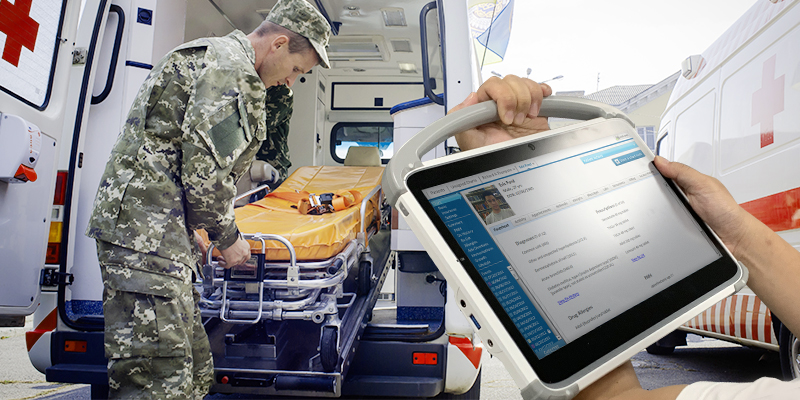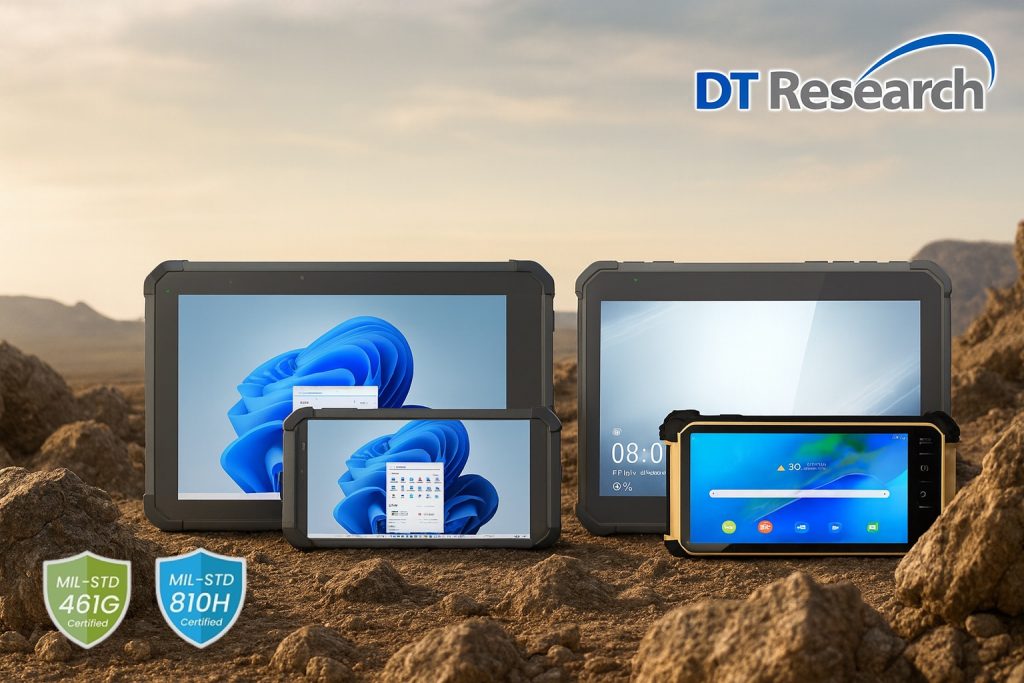
Batteries are the heartbeat of every rugged tablet. They power mission-critical applications, keep teams connected in the field, and ensure that your technology performs when it matters most. Here at DT Research, we manufacture precision engineered tablets that are durable and dependable, but like all consumable components, batteries require care to deliver their full potential.
Continue reading “Batteries 101: Best Practices for Rugged Tablet Battery Care”




